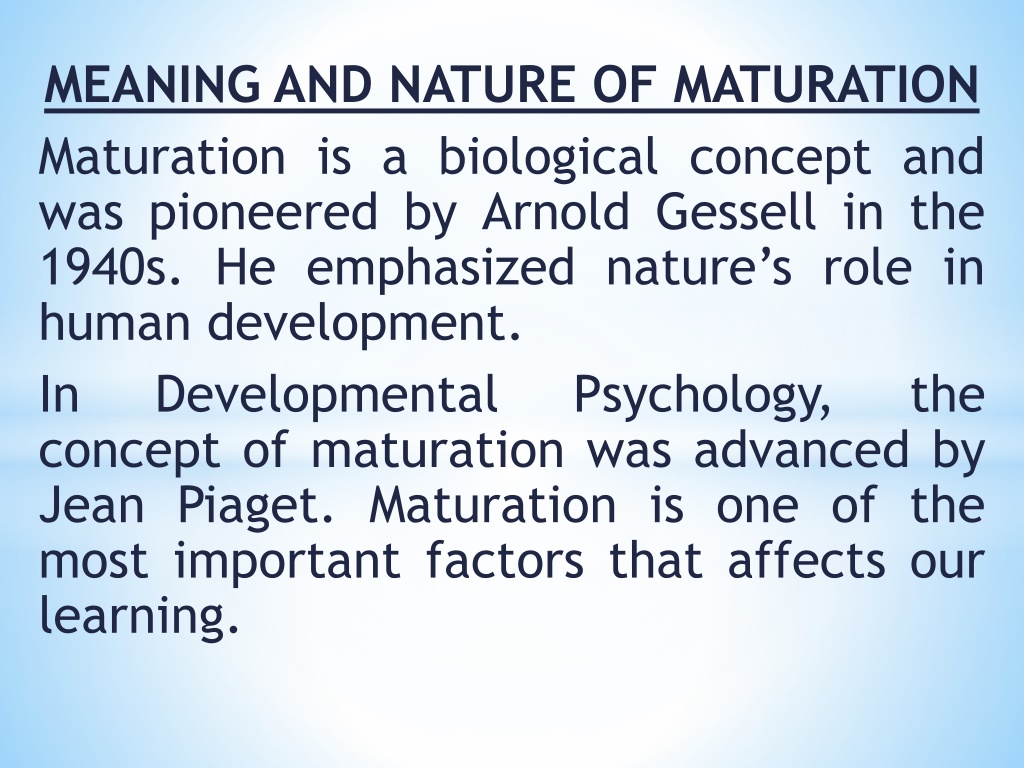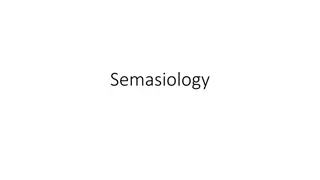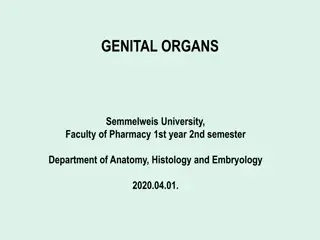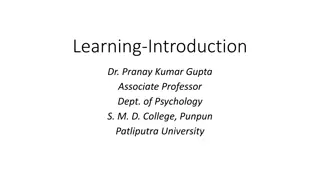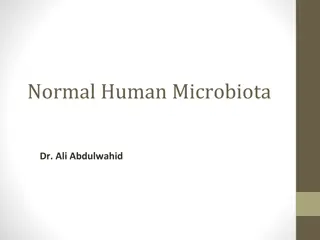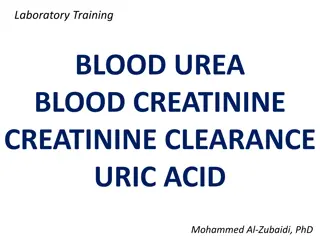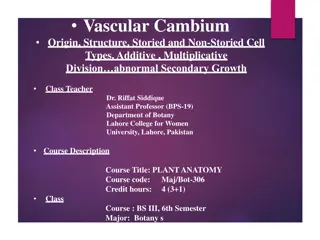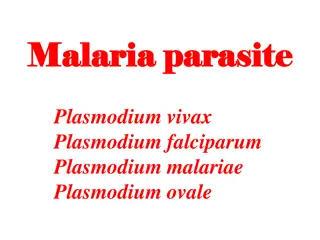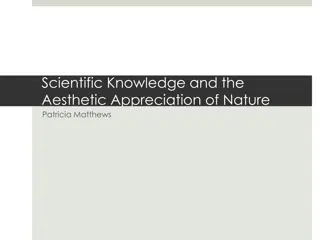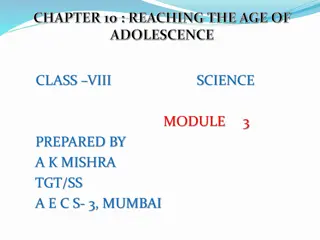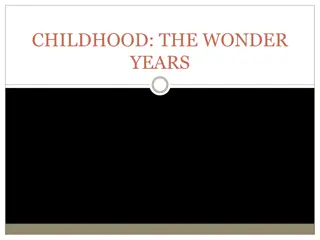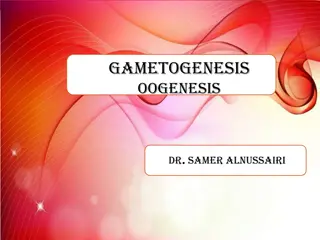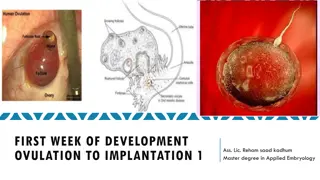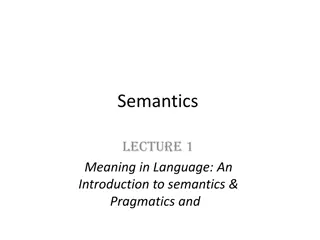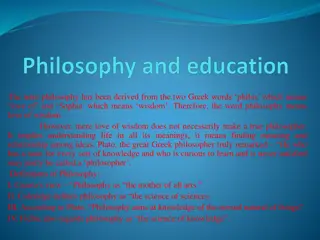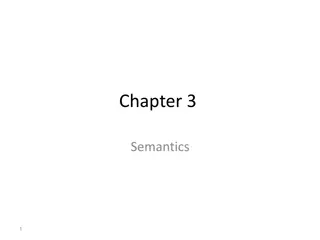Maturation: Meaning, Nature, and Characteristics
Maturation, a biological concept, plays a vital role in human development, influencing learning, behavior, and growth. Explored by pioneers like Arnold Gessell and Jean Piaget, maturation encompasses the automatic process of differentiation, completion of growth stages, and modification from within, shaping individual development and capabilities. It forms the foundation of learning and stands as a key factor in achieving maturity and physical fitness for optimal learning behavior.
Download Presentation

Please find below an Image/Link to download the presentation.
The content on the website is provided AS IS for your information and personal use only. It may not be sold, licensed, or shared on other websites without obtaining consent from the author.If you encounter any issues during the download, it is possible that the publisher has removed the file from their server.
You are allowed to download the files provided on this website for personal or commercial use, subject to the condition that they are used lawfully. All files are the property of their respective owners.
The content on the website is provided AS IS for your information and personal use only. It may not be sold, licensed, or shared on other websites without obtaining consent from the author.
E N D
Presentation Transcript
MEANING AND NATURE OF MATURATION Maturation is a biological concept and was pioneered by Arnold Gessell in the 1940s. He emphasized nature s role in human development. In Developmental concept of maturation was advanced by Jean Piaget. Maturation is one of the most important factors that affects our learning. Psychology, the
In Psychology, maturation is the process of development in which an individual matures and reaches full functionality. As a person matures, his knowledge, skill and attitude also develops or grows. Originally, maturation biological forces, such as the ageing process involved in a child s changes in behaviour. examined only
Definitions: According to Garry and Kingslay, Maturation is the process whereby behaviour is modified as a result of growth and development of physical structures. According to Woolf & Woolf, Maturation means that children are able to do at certain stages of development, certain task that they could not do previously.
Characteristics of Maturation: Automatic process: automatic process of somatic, physiological and mental differentiation and integration. Completion of Growth: Maturation is a stage of growth mental, social and emotional development. Sum of Gene Effects: Maturation is the net sum of gene effects operating in a self- limiting life cycle. Maturation is an and consolidating of
Modification from within: Maturation is a process of modification from within and innate ripening and capacities of the organism. Condition of learning: Maturation is a condition of learning. It is the basis of learning and learning is the only source that makes human development complete. Maturity and physical development of mature learning behaviour also depends on physical fitness of the learner. development of fitness: The
THANK THANK YOU YOU
